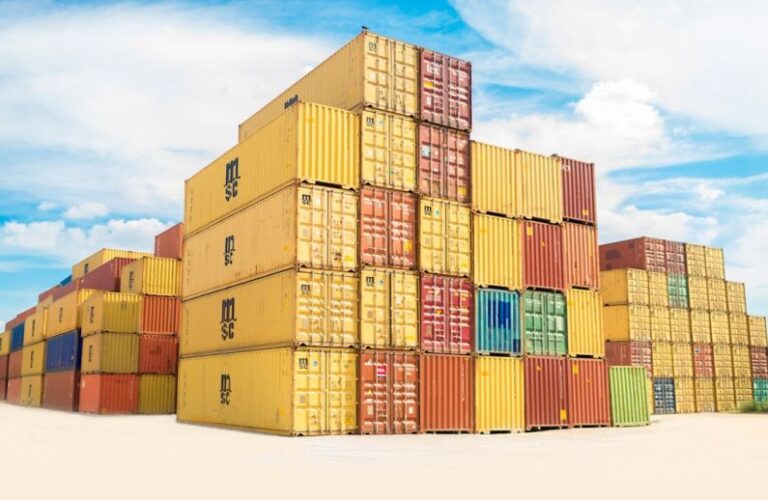The Rise of E-commerce and Its Impact on Logistics
In recent years, the e-commerce industry has seen unprecedented growth, with more and more consumers turning to online shopping for convenience and accessibility. This surge in e-commerce activity has had a profound impact on the world of logistics, transforming the way goods are stored, transported, and delivered. As the e-commerce landscape continues to evolve, it is crucial to understand the implications of this shift on the logistics industry.
The Changing Landscape of Logistics
The rise of e-commerce has fundamentally altered the logistics industry, necessitating new strategies and technologies to meet the demands of online shoppers. Traditional brick-and-mortar stores relied on a supply chain designed to deliver goods to physical locations, with inventory stored in warehouses and distribution centers optimized for bulk shipments to retail stores. In contrast, e-commerce requires a more complex and flexible logistics network that can handle individual orders, expedited shipping, and a high volume of small parcels.
Fulfillment Centers and Last-Mile Delivery
One of the most significant impacts of e-commerce on logistics is the proliferation of fulfillment centers. These strategically located warehouses store products from multiple retailers and brands, enabling faster order processing and shipping. By distributing inventory across various fulfillment centers, e-commerce companies can reduce shipping times and costs, offering customers expedited delivery options such as same-day or next-day shipping.
Last-mile delivery, the final leg of the logistics process that brings packages to the customer’s doorstep, has also been revolutionized by e-commerce. With the growth of online shopping, the demand for efficient and reliable last-mile delivery services has surged. Logistics companies are investing in technology and infrastructure to optimize delivery routes, track packages in real-time, and provide customers with greater visibility and control over their shipments.
Supply Chain Visibility and Data Analytics
E-commerce has driven the need for greater supply chain visibility and data analytics in the logistics industry. To meet the expectations of online shoppers for fast and accurate deliveries, logistics companies are leveraging technology to track inventory levels, monitor shipment status, and analyze data to improve operational efficiency. By harnessing the power of data analytics, logistics providers can optimize routes, reduce transportation costs, and enhance the overall customer experience.
Sustainability and Green Logistics
As e-commerce continues to grow, concerns about its environmental impact have come to the forefront. The logistics industry is under pressure to adopt sustainable practices and reduce its carbon footprint. E-commerce companies are exploring eco-friendly packaging options, optimizing delivery routes to minimize fuel consumption, and investing in electric vehicles and alternative fuels to reduce emissions. Green logistics initiatives are not only environmentally responsible but also appeal to environmentally conscious consumers who prioritize sustainability in their purchasing decisions.
The Future of E-commerce and Logistics
The symbiotic relationship between e-commerce and logistics is poised to shape the future of retail and supply chain management. As e-commerce continues to expand globally, logistics providers will need to adapt to meet the evolving needs of online shoppers. Automation, robotics, artificial intelligence, and blockchain technology are poised to revolutionize the logistics industry, enabling faster order processing, real-time tracking, and enhanced security and transparency in the supply chain.
In conclusion, the rise of e-commerce has had a profound impact on the logistics industry, driving innovation, efficiency, and sustainability. The dynamic nature of e-commerce requires logistics providers to constantly evolve and embrace new technologies and strategies to meet the demands of online shoppers. By understanding the implications of e-commerce on logistics, companies can position themselves for success in the digital economy and deliver exceptional service to customers around the world.






